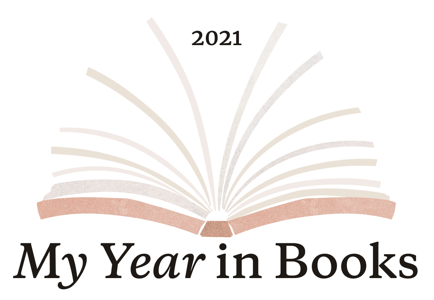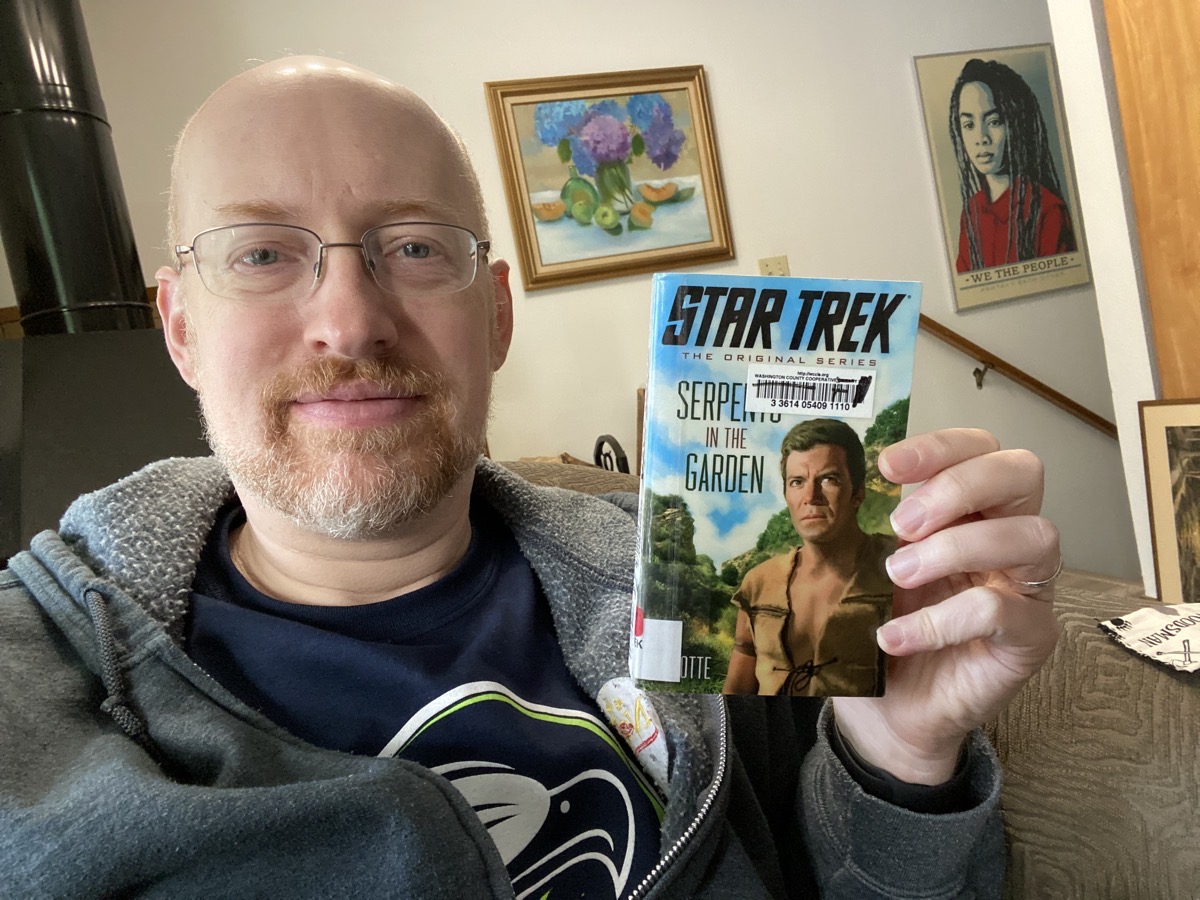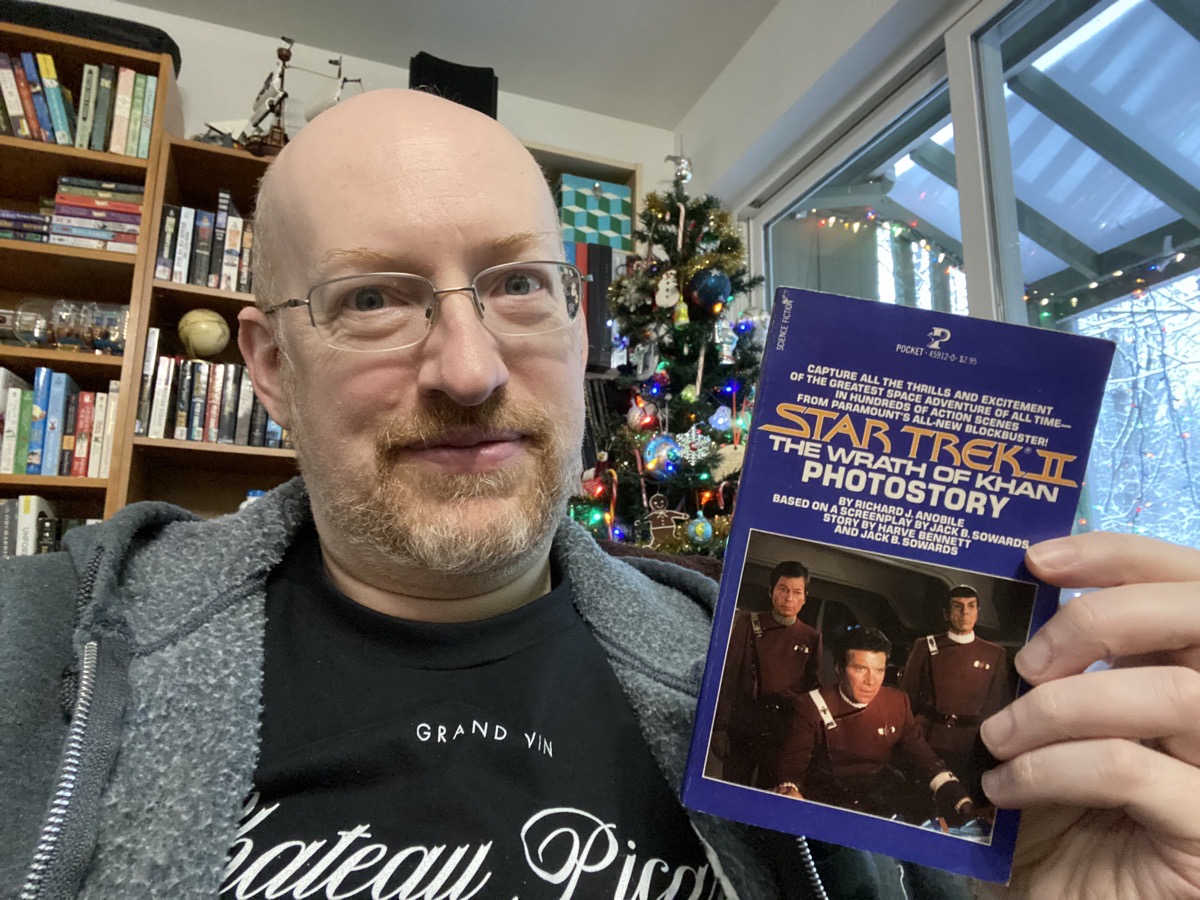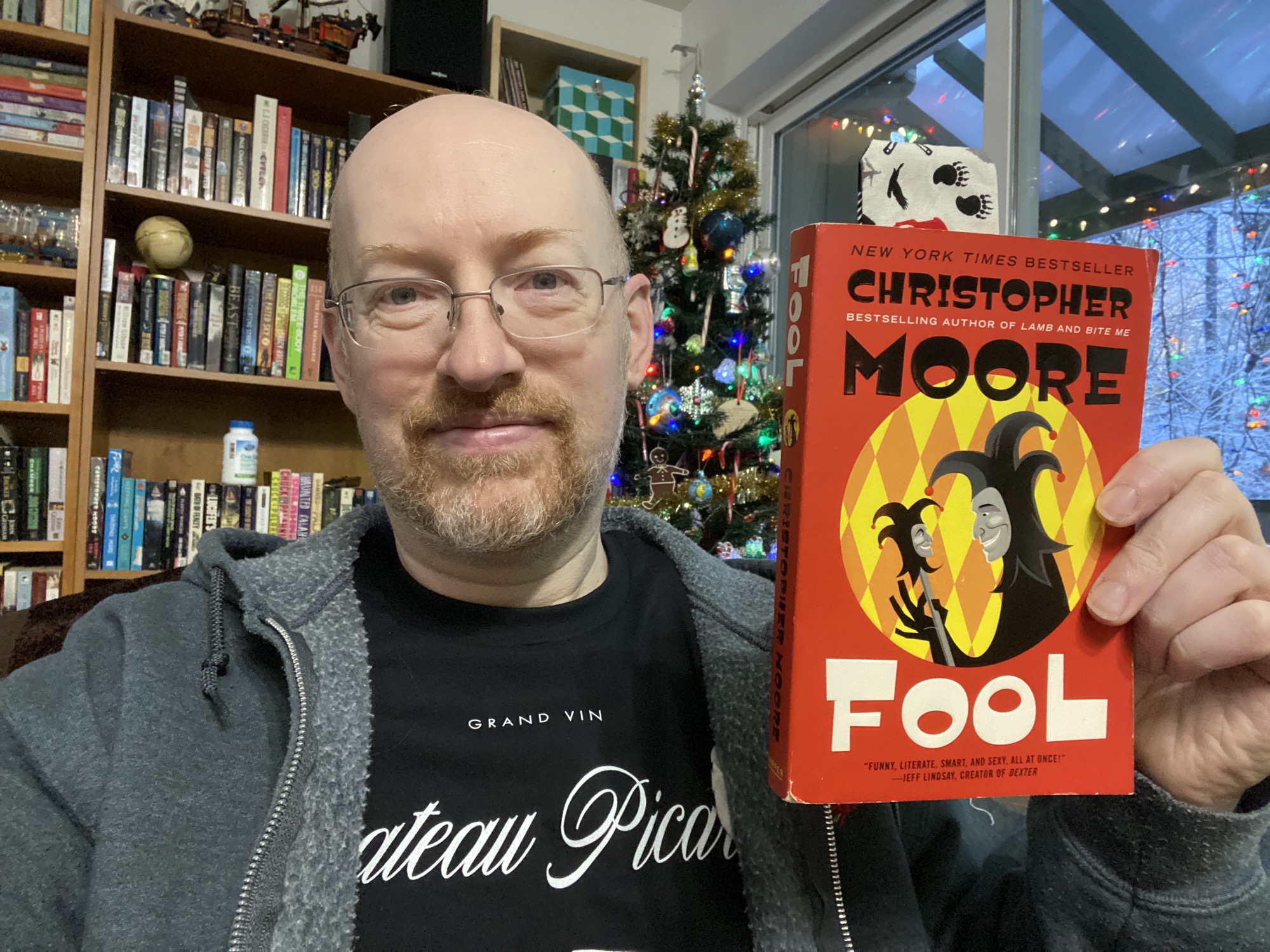Every year, I set myself a goal of reading at least 52 books over the course of the year — an average of one a week. This year I made it to 54. Here’s a quick (?) overview…

Just as with last year, this year was almost entirely dedicated to escapist fluff. Gee, I wonder why that was the case?
Non-fiction: Just one, and it was still right in line with my usual reading: Lester del Rey’s The World of Science Fiction 1926-1976: The History of a Subculture. While del Rey absolutely has his biases and blind spots, especially when reading his history with the perspective of almost another fifty years of development in both SF and society in general, he’s still a good resource for looking back at these formative years. And for me at least, this retrospective was far more readable than Brian Aldiss’s Billion Year Spree: The True History of Science Fiction, which I tried to read early in the year, but simply couldn’t get through.
Non-genre-fiction (where “genre” is shorthand — though, not very short, if you include this parenthetical — for science-fiction, fantasy, and horror): Three this year, the best of which (seriously) was Julia Quinn’s The Duke and I, the first book of the Bridgerton series. While romance isn’t my usual thing, and I see no great need to continue on with the series, I had enjoyed watching the Netflix show with my wife when it was released, and this was a perfectly acceptable and amusing bit of fluff.
Quality genre fiction: Once again, good goals fell to the reality of living in pandemicland, and I didn’t add quite as many “quality” books to my list as I thought I might.
As usual, I read all of the books nominated for this year’s Philip K. Dick awards, and once again, I failed to pick the winner. My personal favorite of this year’s slate was Adrian Tchaikovsky’s The Doors of Eden: cryptids, speculative evolution, parallel worlds, spacefaring trilobites, and dry British humor.
I added eight books to my Hugo reading project, bringing me up to 44% of the way through. Of those I read this year, I would be hard pressed to choose a favorite between The Left Hand of Darkness and The Dispossessed, both of which are by Ursula K. Le Guin, and both of which were excellent.
Fluff genre fiction: Unsurprisingly, this once again ended up being the strong majority of this year’s reading. Almost entirely Star Trek novels, with a few detours here and there. And given everything that was going on in 2020 2021, it was very nice to have a bookshelf full of options that wouldn’t take a whole lot of brain power for me to disappear into.
Finally, some stats on my year’s reading, according to Goodreads:
- 17,189 pages read across 54 books
- Shortest book: Moonshot: The Indigenous Comics Collection, Vol. 3, edited by Elizabeth LaPensée and Michael Sheyahshe (144 pages)
- Longest book: David R. George III’s Crucible: McCoy: Provenance of Shadows (640 pages)
- Most popular: Julia Quinn’s Bridgerton: The Duke & I (510,776 other readers)
- Least popular: Weird SF anthology Cooties Shot Required, edited by Scott Gable and Caroline Dombrowski (8 other readers)


